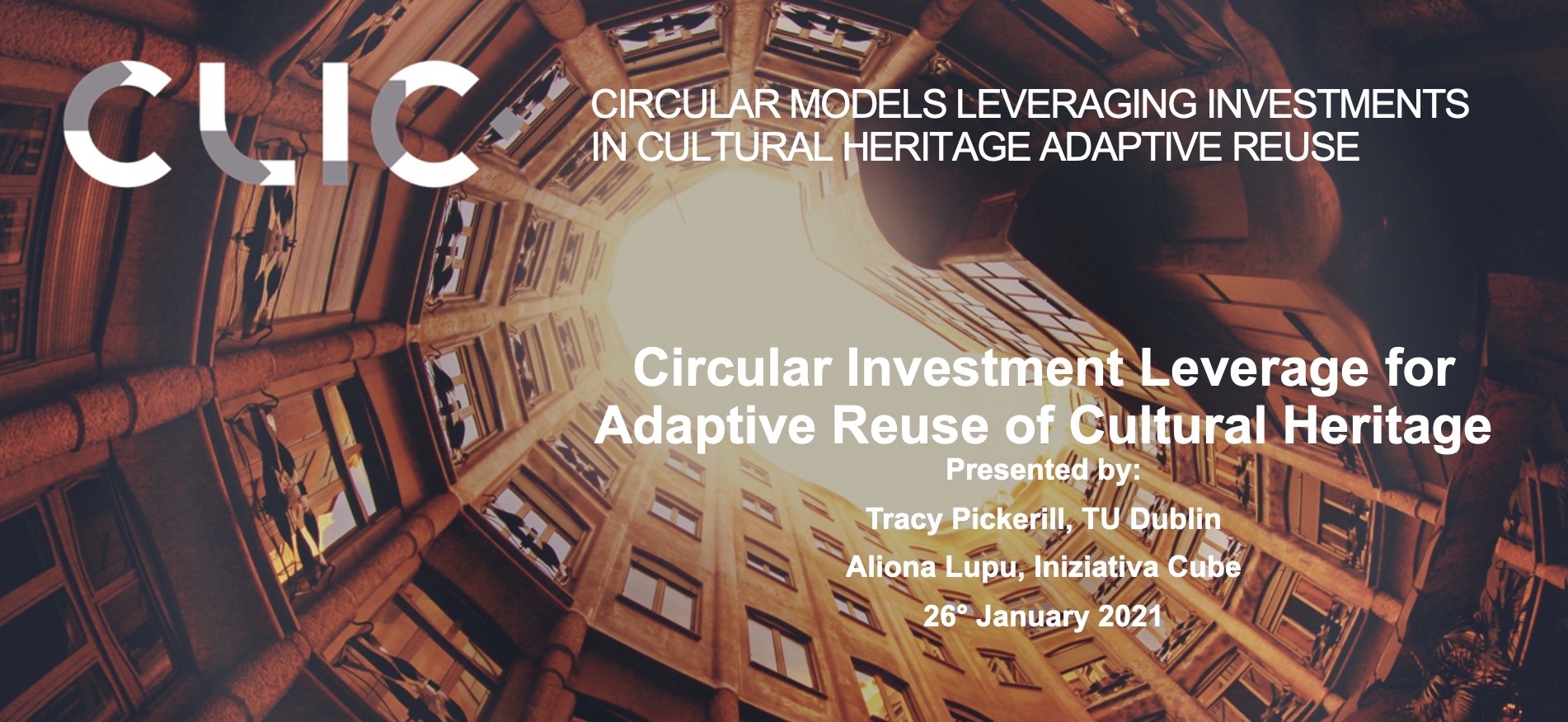
25Jan
Workshop on complementary sources of funding for cultural heritage
The Work Plan for Culture 2019-2022 invites the European Commission to organise workshops in order to identify new sources of funding for cultural heritage and transferable best practices in order to promote its economic sustainability. Additionally, this topic has been highlighted in the special report on “EU investments in cultural sites: a topic that deserves more focus and coordination”, by the European Court of Auditors recommending that the European Commission “encourages the use of private funds to safeguard Europe’s cultural heritage”. In order to do so, according to the Court, the Commission “should collect good practices on alternative sources of funding from the Member States” and “explore in coordination with the Member States the possibility to develop a scheme that builds on private sources of funding for heritage sites”.
In order to launch this process, the European Commission organised the first Workshop on complementary sources of funding for cultural heritage that was held on 25-26 January 2021, together with the European Commission Expert Group on Cultural Heritage and diverse projects and examples of good practice. The aim of the workshop was to identify new sources of funding for cultural heritage and transferable best practices in order to promote its economic sustainability.
As CLIC is developing a conceptual holistic framework for financial instruments and allied corporate governance “archetypes” such as sustainable business models, two representatives of CLIC, professor Tracy Pickerill from Technological University Dublin and Aliona Lupu, Senior Consultant from Iniziativa, have presented work developed under CLIC under the session “Mixed sources and project presentations”. They have presented a holistic framework in the form of a flexible Financial Instrument & Business Model Toolkit, incorporating tools to leverage investment, mitigate risk and build stakeholder capacity for the adaptive reuse of cultural heritage.
Besides that, following topics were discussed: How to make cultural heritage interesting for private investors, Innovative Public-private partnerships, Crowdfunding and fundraising, Lotteries, Philanthropic funding and donations etc.
